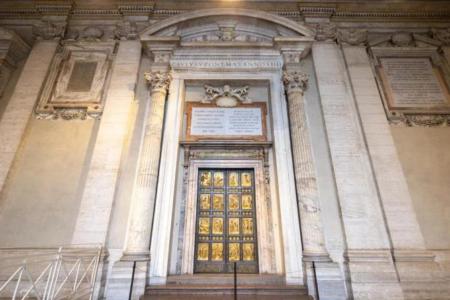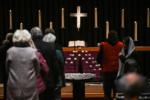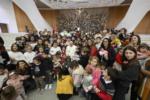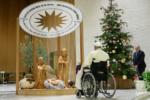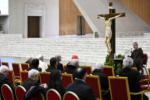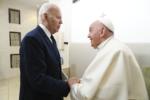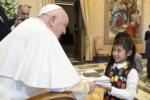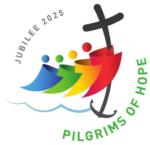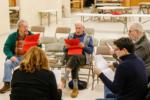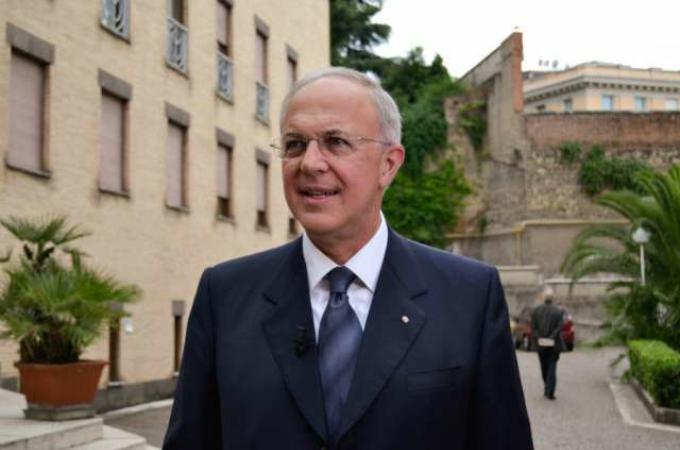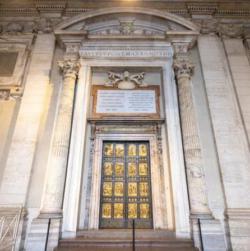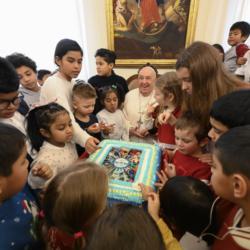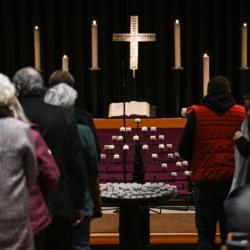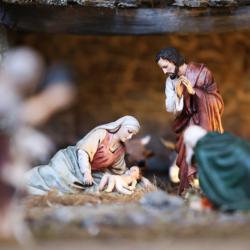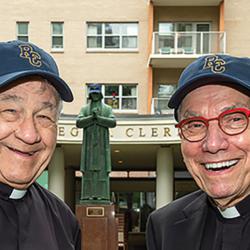Knights of Columbus head: Catholics must be a source of post-election unity
Arlington, Va., Nov 7, 2016 CNA/EWTN News.- Following a tumultuous and divided election season, Catholics in the U.S. should find ways to create unity and healing, said Supreme Knight Carl Anderson of the Knights of Columbus.
“(T)he question we should ask ourselves is in what way Catholics in America can be a future source of unity and reconciliation or whether we will be a cause of further division and hostility,” Anderson said Nov. 5.
“The answer to that question will depend in large measure upon what it means today to be a Catholic in America. In other words, what is fundamental to our identity as Catholics?”
Anderson spoke in Arlington, Virginia at the Catholic Distance University Founder’s Award Dinner, where he was the recipient of the Founder’s Award.
He referenced the WikiLeaks emails involving John Podesta, campaign manager for Hillary Clinton.
In one leaked email, Podesta discusses the idea of planting seeds for a possible “Catholic Spring” in which the laity would revolt against the bishops to demand changes in Church moral teaching.
In another email, Center for American Progress fellow John Halpin, himself a Catholic, calls conservatism among Catholics “an amazing bastardization of the faith,” and Podesta suggests that conservative Catholics are attracted to the Church’s intellectual tradition because “They can throw around ‘Thomistic’ thought and ‘subsidiarity’ and sound sophisticated because no one knows what the hell they're talking about.”
Part of what is so troubling about these emails, Anderson said, is that some of the disparaging comments about Catholics were made by other Catholics.
“This episode presents a serious challenge to Catholics,” Anderson said, “regardless of the outcome of Tuesday’s election, our country will remain deeply divided and those divisions are, to a very real extent, also reflected within our own Catholic faith community.”
The solution to this, he continued, will require “faithful Catholics to fully exercise their responsibilities as citizens” at a time when many are disheartened and frustrated.
“Now is the time for more – not less – Catholic values in our electoral process. Now is the time for more – not less – Catholic values in our nation.”
Anderson proposed six concrete areas where Catholicism in the United States has an opportunity to grow and promote unity.
First, he said, is “the renewal of parish life as a true Eucharistic community,” with a greater appreciation for the Eucharist as the source and summit of unity, charity and Christian life.
Next, a “renewed evangelization of family life” is needed, “centered upon the calling of every Catholic family to be a domestic church which, in solidarity with other families, would be a source of unity, charity and reconciliation.”
In addition, Anderson said, Catholics should grow in their devotion to Mary as the Patroness of the U.S., seeing in her a model of “understanding our responsibilities toward our neighbors and for the common good as citizens.”
Also necessary is a “deeper understanding of those moral principles and issues that are non-negotiable for us as a faith community,” which leads to a deeper understanding and application of the Church’s Social Doctrine.
A greater commitment to authentic Catholic education that forms the entire person at every academic level is also important for Catholic identity, he said.
Finally, he concluded, the Church in the U.S. needs “a greater appreciation of the office of bishop as the source of unity for the local church” and deeper communication among clergy, religious and laity.
